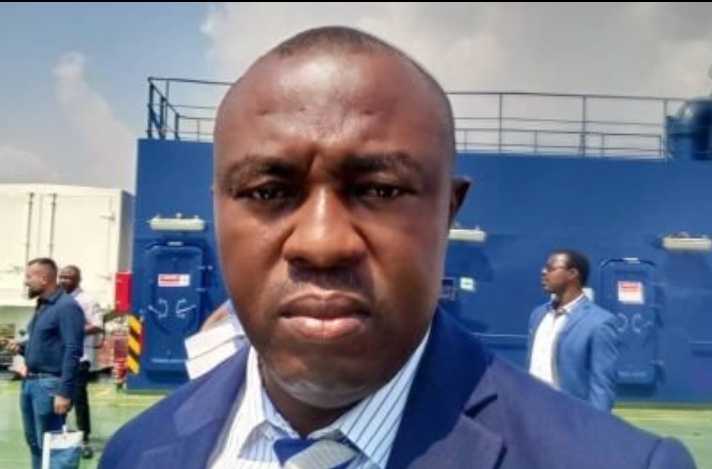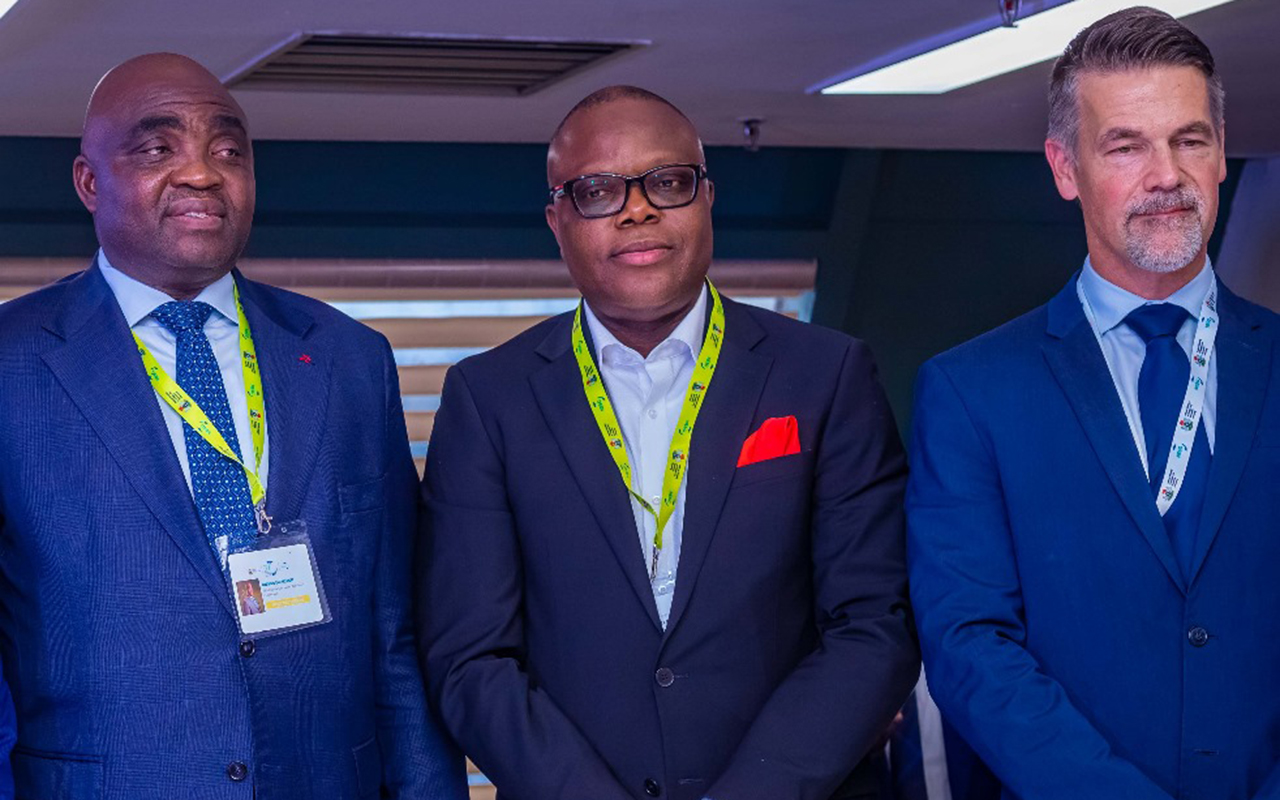Stakeholders have described Nigeria’s blue economy as a national asset that must be adequately explored, stressing that well-crafted narratives could help unlock its potential for economic growth and global recognition.
Speaking in Lagos at the flag-off of the 2025 Maritime Writes Project Creative Writing Bootcamp, the Admiral Superintendent of the Naval Dockyard Limited, Rear Admiral Ibrahim Shehu, highlighted the importance of literature in projecting the maritime industry’s role in national development.
He noted that the maritime sector cuts across multiple industries, including security, shipping, fisheries, oceanography, trade, tourism, oil and gas, renewable energy, port operations, and logistics.
According to him, the Dockyard is not just a hub for vessel maintenance and construction, but a strategic centre where engineering precision, skilled craftsmanship, and strategic vision combine to serve both the country’s military and merchant marine needs.
“When creative writing reflects these economic sectors, it does more than inspire; it educates, attracts investment, promotes trade, and strengthens our standing among the global community of maritime nations,” he said.
The Director of the Internal Ocean Institute (IOI) Nigeria, Dr Akanbi Williams, stressed the significance of storytelling in advancing awareness of the marine and blue economy.
Williams described the bootcamp as laudable and maintained that “storytelling is a vital tool for ocean literacy.” The Executive Director of the Nigerian Institute for Oceanography and Marine Research (NIOMR), Prof. Abiodun Sule, underscored the importance of maximising the nation’s maritime wealth, describing the blue economy as “a national asset that must be adequately explored.”
Similarly, the President of the African Women’s Fish Processors and Traders Network (AWFISHNET), Funmi Shelika, urged participants to give voice to those often unheard in coastal communities.
According to her, women in small-scale fishing remain critical to the sustainability of marine livelihoods, yet their contributions are frequently overlooked.
“Through your stories, we can inspire the next generation, influence decision makers and strengthen our collective commitment to protect our waters and the livelihoods of riverine communities,” she said.
Also speaking, the Acting Rector of the Maritime Academy of Nigeria (MAN), Oron, Dr Kevin Okonna, noted that this year’s theme resonates with the government’s drive to position Nigeria as Africa’s leading maritime hub.
He stressed that the Minister of Marine and Blue Economy, Adegboyega Oyetola, had consistently pushed policies aimed at securing the nation’s Exclusive Economic Zone (EEZ) and ports, describing the bootcamp as an avenue to connect those efforts with the power of creative writing.
Speaking earlier, the Coordinator of the Maritime Writes Project, Ezinne Azunna, highlighted the impact of the initiative since its inception, noting that over 200 participants have been trained, with at least three alumni winning national and international awards.
She explained that the project has also published 17 short stories across three compendia and organised field tours that deepen participants’ understanding of the cultural, economic, and environmental narratives of Nigeria’s waters.






